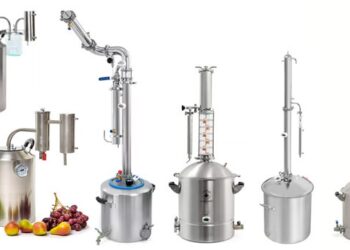Key performance indicators are an integral part of successful restaurant business management. They provide owners and managers with data on the current state of affairs, process efficiency, and help identify areas for improvement. Tracking and analyzing these metrics allows you to make informed decisions, optimize resources, and increase the profitability of the establishment.
What is a restaurant KPI?
A restaurant KPI is a set of quantitative indicators that reflect important aspects of a business. Note that a restaurant KPI contains data on sales, costs, operational efficiency, and customer satisfaction. Each of the indicators plays a role in creating a complete picture, allowing you to determine which processes require improvement and where greater efficiency can be achieved.
Why track KPIs?
Regular monitoring of KPIs helps:
- evaluate work efficiency. By comparing current indicators with target values, restaurant management can see how successful the business is;
- manage costs. Metrics such as cost of goods sold provide an idea of food costs and allow you to control their share of revenue;
- increase profitability — financial performance analysis helps identify ways to increase revenue and reduce costs;
Improve service quality. Studying customer experience data allows you to improve service, which leads to increased customer loyalty.
Key KPIs for a restaurant
The cost of goods sold reflects the costs of purchasing food, drinks, and other ingredients used in preparing dishes. The level of COGS directly affects the profitability of the restaurant, so it is important to constantly optimize this parameter.
The share of the cost of products shows what part of the restaurant’s income goes to purchasing ingredients. The optimal level depends on the type of establishment, but exceeding it may signal the need to review the purchasing policy or change the pricing strategy. Analysis of this data allows you to assess how successfully the establishment attracts visitors and retains them.
Metrics such as revenue per employee help determine the effectiveness of the team and optimize the number of personnel. Correct interpretation of data and timely response to changes help establishments achieve sustainable success in a highly competitive environment.









